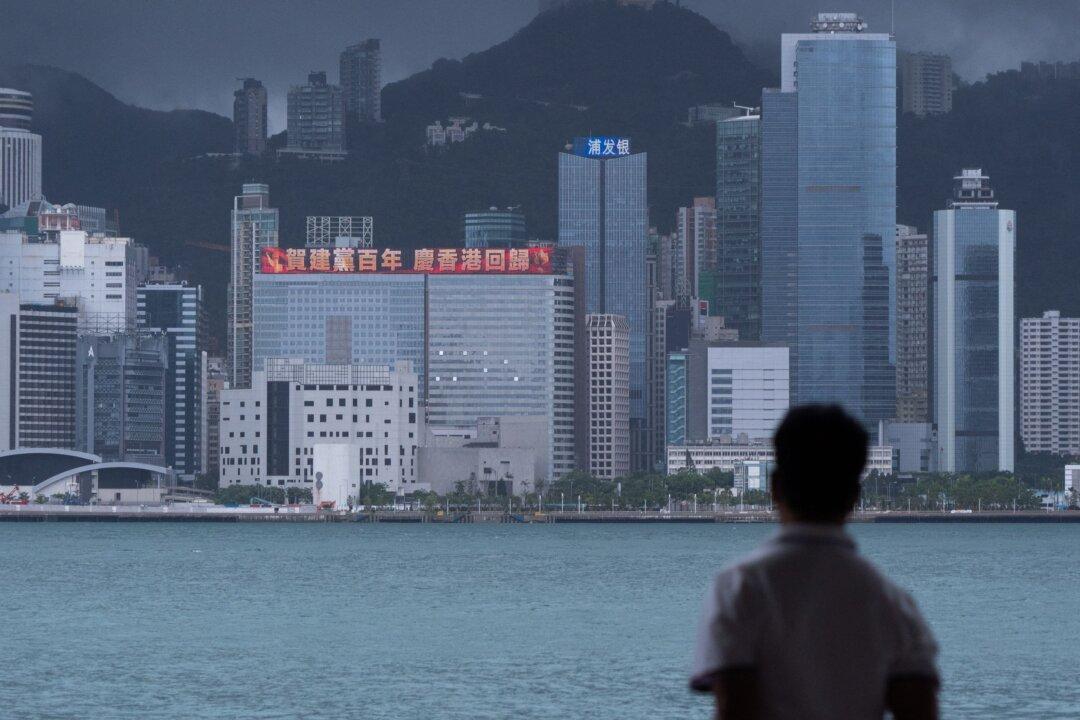The political system of Hong Kong is now almost no different from a city in mainland China, after the ruling Communist Party’s overhaul threatened the free business climate guaranteed by its separate judicial system, a report by the Taiwan Mainland Affairs Council (MAC) says.
The Chinese Communist Party (CCP)-imposed national security law (NSL) has chipped away at the city’s core values of democracy, freedom, and human rights. Now, the one country, two systems policy has a “mere nominal existence,” according to the report (pdf) released in July.




